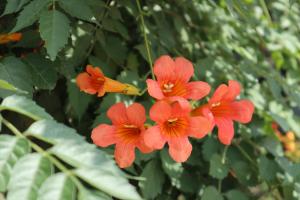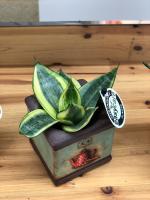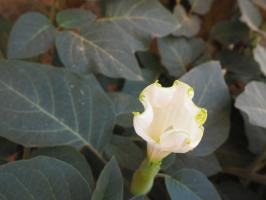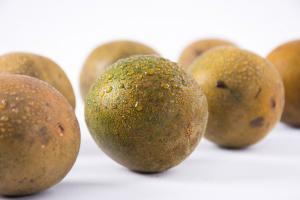What is a Gardenia Plant Tree?
Gardenia is a genus of flowering plants in the coffee family Rubiaceae, native to tropical and subtropical regions of Africa, southern Asia, Australasia, and Oceania. Gardenia jasminoides, also known as the Cape jasmine or common gardenia, is the most popular species cultivated for its large, waxy, and fragrant white or cream-colored flowers. Gardenia plants are evergreen shrubs or small trees, growing up to 2-6 meters in height, with glossy leaves and a dense, bushy habit. Many gardenia cultivars have been developed for their different flower forms, colors, sizes, and growth habits, making them a prized ornamental plant in gardens and landscapes.
History and Culture of Gardenia Plants
Gardenia plants have a long and rich history in the culture and folklore of many societies around the world. In China, gardenia flowers have been used for centuries in traditional medicine, as well as in tea, perfume, and cosmetic products. In Japan, gardenia flowers are regarded as a symbol of purity, grace, and hospitality, and are often presented as gifts to friends and family. In the United States, gardenia plants became popular in the 19th and 20th centuries as a luxurious and exotic ornamental plant, associated with elegance, sophistication, and romance. Gardenia plants are also often used in wedding bouquets, corsages, and centerpieces, adding a touch of glamour and beauty to any ceremony.
Growing Gardenia Plants
Growing gardenia plants can be a challenge for many gardeners, as they require specific conditions and care to thrive. Gardenia plants prefer acidic, well-drained soils, rich in organic matter, and with a pH range of 5.0-6.5. They also need bright, indirect sunlight, high humidity, and consistent moisture, but not overwatering or waterlogging. Gardenia plants can be propagated from seeds, cuttings, or layering, but the most common method is by stem cuttings, taken in early spring or late summer. It is best to plant gardenia plants in a sheltered, warm, and protected location, such as near a south-facing wall or fence, and to provide them with regular fertilization, pruning, and pest control. With proper care, gardenia plants can reward gardeners with their stunning and aromatic flowers for many years to come.
Uses and Benefits of Gardenia Plants
Gardenia plants have many uses and benefits beyond their ornamental and cultural significance. Gardenia flowers and leaves are known for their aromatic and therapeutic properties, and have been used in herbal medicine and aromatherapy to treat various ailments, such as anxiety, depression, insomnia, and inflammation. Gardenia plants are also used in the perfume and cosmetic industries, as their essential oils and extracts are valued for their pleasant and refreshing scent, and their skin-soothing and anti-aging properties. In addition, gardenia plants are being studied for their potential applications in agriculture, biotechnology, and environmental remediation, as they have shown promise in improving soil quality, reducing pollution, and enhancing plant growth and resilience.
Gardenia Plant Varieties and Selections
There are many gardenia plant varieties and selections available, each with its unique characteristics and features. Some of the popular gardenia cultivars include:
Gardenia Augusta 'Radicans': This low-growing, spreading cultivar has small, single white flowers and a dwarf habit, ideal for use as a ground cover, border, or container plant.
Gardenia Jasminoides 'Kleim's Hardy': This cold-hardy, compact cultivar has double, creamy-white flowers and a bushy habit, suitable for small gardens, patios, or windowsills.
Gardenia Jasminoides 'Veitchii': This tall, upright cultivar has large, single, ivory-white flowers and a pyramidal habit, great for formal hedges, screens, or specimen plants.
Gardenia Thunbergia 'Fortuniana': This vigorous, fast-growing cultivar has double, fragrant, ivory-white flowers and a sprawling habit, perfect for arbor or trellis training, or as a naturalized plant.
Choosing the right gardenia plant for your garden or landscape depends on your climate, soil type, sunlight exposure, and aesthetic preferences. It is recommended to buy gardenia plants from reputable nurseries or garden centers, and to select plants that are healthy, vigorous, and free from diseases or pests. Gardening with gardenia plants can be a rewarding and satisfying experience, as they provide beauty, fragrance, and a touch of exoticism to any outdoor setting.

 how many times do yo...
how many times do yo... how many planted tre...
how many planted tre... how many pine trees ...
how many pine trees ... how many pecan trees...
how many pecan trees... how many plants comp...
how many plants comp... how many plants can ...
how many plants can ... how many plants and ...
how many plants and ... how many pepper plan...
how many pepper plan...































